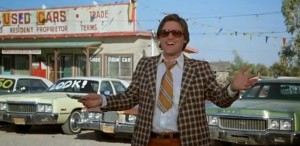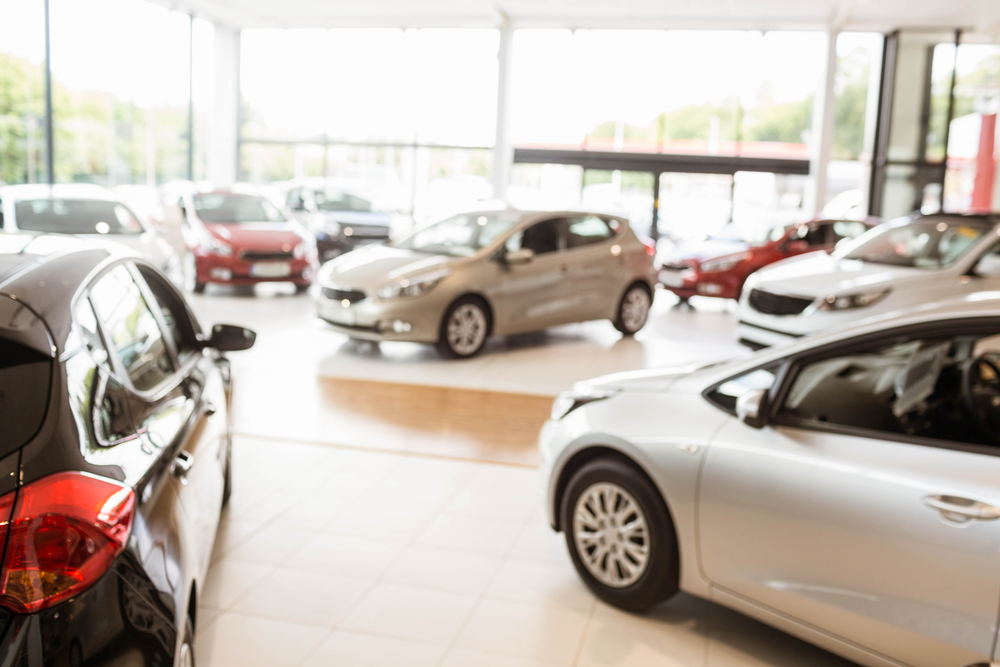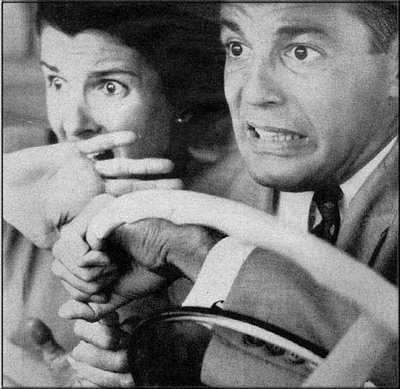Should You Point Fingers at Used Dealers if They Sold You a Faulty Car?
When things go bad in our lives, it is natural for us to point fingers at someone or something else. In many instances, there really is another party to blame. The quality of service these days has gotten poorer in many aspects of life, and there’s often someone who hasn’t done their job. This can be a problem with some used car dealerships. It’s not uncommon to hear about people who have bought faulty cars from used dealers, blaming the dealer in return for their problems. Much of the problems comes from not knowing what to look for when buying a used car. But is it fair to blame the dealer? It’s a complicated topic that often leaves car dealers overwhelmed and drivers furious.
Are Used Dealerships Trouble? Sometimes
The reality is that some used car sellers aren’t to be trusted. You’ve probably seen news segments about them. There are also curbsiders, who are shady sellers who seem to come out of nowhere, and may never return phone calls. They’re certainly out there. And you may know a friend or family member who has had a run in with such people. It’s unfortunate, and the experience can even be devastating if there was a financial loss as a result of the transaction.
But they only represent a fraction of the used car dealers out there. The majority of people who sell secondhand vehicles are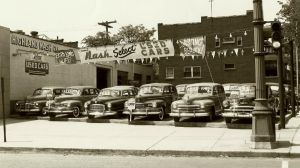 honest individuals, who are looking to offer their customers the best deal possible. And the proof rests in how they conduct business. Here in Ontario, the Used Car Dealers Association of Canada (UCDA) is a not-for-profit organization with a “…goal is to help foster a fair used vehicle buying experience that safeguards both the consumer and the dealer.” The organization consists of over 4,400 motor dealers across the province, and those registered with them are trustworthy. All dealerships that are members of the UCDA carry a sticker, which is usually plastered on their front door.
honest individuals, who are looking to offer their customers the best deal possible. And the proof rests in how they conduct business. Here in Ontario, the Used Car Dealers Association of Canada (UCDA) is a not-for-profit organization with a “…goal is to help foster a fair used vehicle buying experience that safeguards both the consumer and the dealer.” The organization consists of over 4,400 motor dealers across the province, and those registered with them are trustworthy. All dealerships that are members of the UCDA carry a sticker, which is usually plastered on their front door.
So when you look closer, you’ll realize that working with most car dealers means you’re in good hands. You have very little to worry about, and you can trust the salespeople you work with to be honest and respectful of your wishes. But you may ask, if that’s the case, why are there malfunctioning cars sitting on the lots of these dealerships in the first place?
The Previous Owner Often is the One to Blame
What people often forget about, is the previous owner of the vehicle. In recent posts, we discussed the concepts of car longevity and how regular maintenance and careful driving can add years onto a vehicle. Not everyone practices that, however. As a result, they create small issues that mushroom over time, and often blow up in the faces of the next set of owners. The dealers themselves aren’t always aware of these problems, because the car is just sitting there on the lot. If they remember the vehicle as being in good shape when they first bought it, they won’t waste all of their waking hours on it. After all, they have deals to close.
And that’s why some vehicles slip through the cracks so-to-speak. Unfortunately, many people fail to understand these realities, and it has caused a divide among used car dealers and the public. The curbsiders who have made a bad name for the industry don’t help as well. But the people who are really complicating things, are the drivers who treat their cars like toys, rather than actual vehicles.
Avoiding the Hot Potato
What this means for you, is that you’ll have to do a little legwork. Although a used dealer should be aware of how their vehicles are doing physically, you need to do some of your own “snooping around”, to get a clearer picture. What does that entail?
Conducting Your Own Background Check
- Ask the dealer about the seller – It doesn’t hurt to ask about the origins of the car you plan to buy. You might not
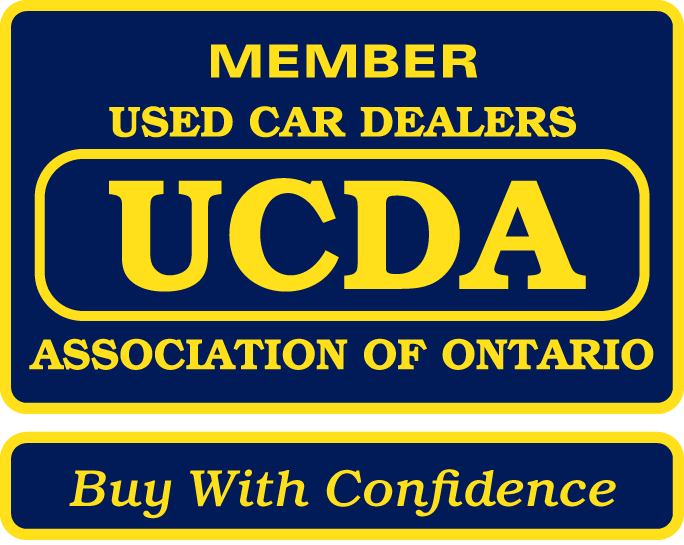 get a whole lot of details, but what you learn might be enough to give you an idea regarding who owned the vehicle and what it has been through.
get a whole lot of details, but what you learn might be enough to give you an idea regarding who owned the vehicle and what it has been through.
- Learn about problems common to your vehicle of choice – Certain car makes, models and types are known to develop certain issues over time. It’s good to learn about these beforehand. That way you’re not in shock if your car needs repairs down the road.
- Verify the dealership is a UCDA member – Finding out whether a dealer is a UCDA member is quite simple – you look for a sticker which is proof of their membership. They’re usually posted on the front door of car dealer establishments. If you can’t see it, you can always ask a salesperson to point it out to you.
- Check to see what your options for warranty are – Make it a goal to ask about warranty options, when buying a used car. Just because you’re not buying a new vehicle, it doesn’t mean you’re out of luck in terms of coverage for damage. Used vehicles often do carry warranty with them (albeit it won’t be as long as a brand new vehicle).
Separating the Good Dealerships from the Bad
- Read reviews/testimonials – When it comes to customer service, reviews don’t lie. A long list of bad reviews is a sign that the dealership you’re looking into is trouble. Don’t underestimate the truth of what others are saying online.
- Check for their UCDA sticker – If you see no UCDA sticker on the front door, you might be in the presence of curbsiders. Stay far away if you can’t see this certification. There’s a good chance that the people working here are fraudsters, bent on taking your money.
- Go with your gut – Sometimes that sixth sense that kicks in is a strong indicator that something is wrong. If you feel that you’re not in the right place, don’t justify it. Your intuition might be sending you a red flag.
Used Dealers are Your Friend, Not Your Enemy
As with all purchases, it’s important for you to do your research when buying a used car. That means learning more about the dealer as well as the vehicle. As mentioned earlier on in the article, it’s helpful to look at reviews and testimonials from people who have bought vehicles from the dealership. Yes, there are some used car sellers out there who are bent on cheating drivers, and trying to make a quick buck. But you can spot them.
Keep in mind that all used car dealers must have certification to sell second-hand vehicles, and that means having to meet some important standards. So if someone has told you a story about buying a car that was in poor shape, there’s a good chance that it was unintentional. The best thing you can do to prevent it from happening is learning about the car you plan to buy, the problems it’s known to run into, and it’s also wise to inspect it and get some kind warranty attached to it. Taking these precautions and knowing what to look for when buying a used car can go a long way in preventing disappointment.
